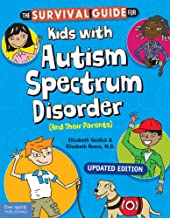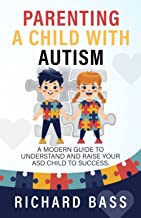Autism Spectrum Disorder
A serious developmental disorder that impairs the ability to communicate and interact.
Autism spectrum disorder impacts the nervous system.
The range and severity of symptoms can vary widely. Common symptoms include difficulty with communication, difficulty with social interactions, obsessive interests, and repetitive behaviors.
Early recognition, as well as behavioral, educational, and family therapies may reduce symptoms and support development and learning.
Cluster Number:
Wiki Number: W017
Diagnosis: Autism Spectrum Disorder
US Patients: 1.5Mil
World Patients: 62Mil
Sex Ratio: 4B;1G
Age Onset: By 1
Brain Area: Enlarged frontal and temporal lobes, mirrror neurons, corpus callosum
Symptoms: poor communication, repetitive behaviors
Progression: delayed language & cognitive development; 50% head banging, self-biting;10% savants
Causes: 75% genetic from 1000 genes; not enough GABA, less brain connectivity between regions
Medications: risperdone
Therapies: earlier, the better; teach coping skills, awareness of others’ presence, interests
Youtube Video: Meet the Experts:
Autism Explained: A Guide to Autism
Amazon or Library Book: Kids With Autism Spectrum Disorder
Amazon or Library Book: Parenting a Child with Autism
Click the book to link or order from Amazon.
Click the book to link or order from Amazon.


